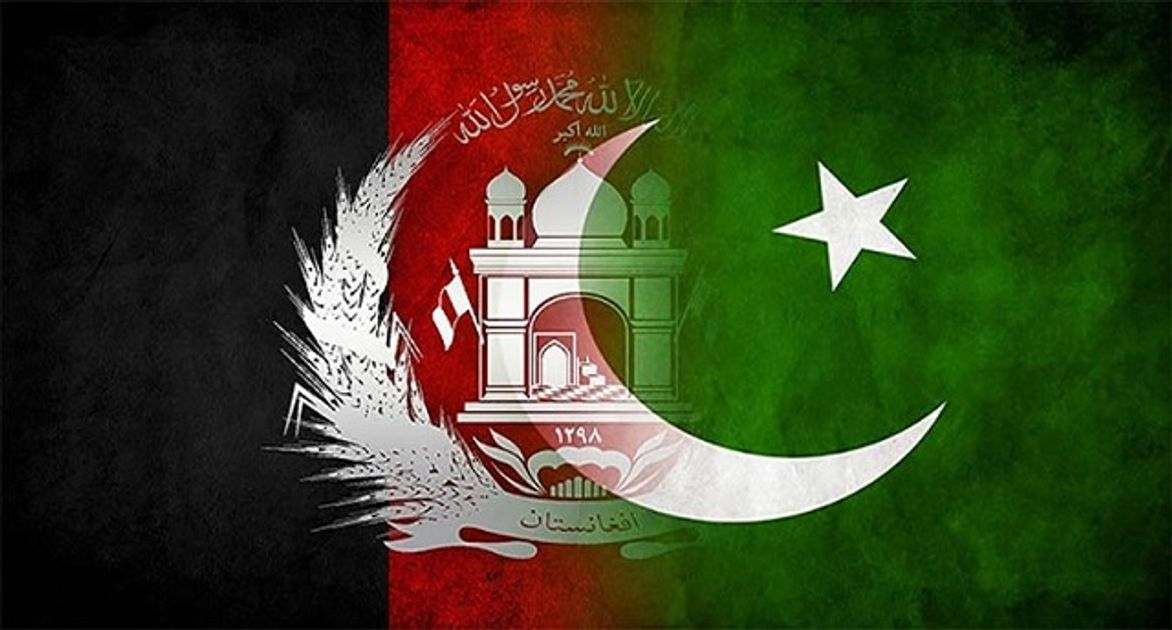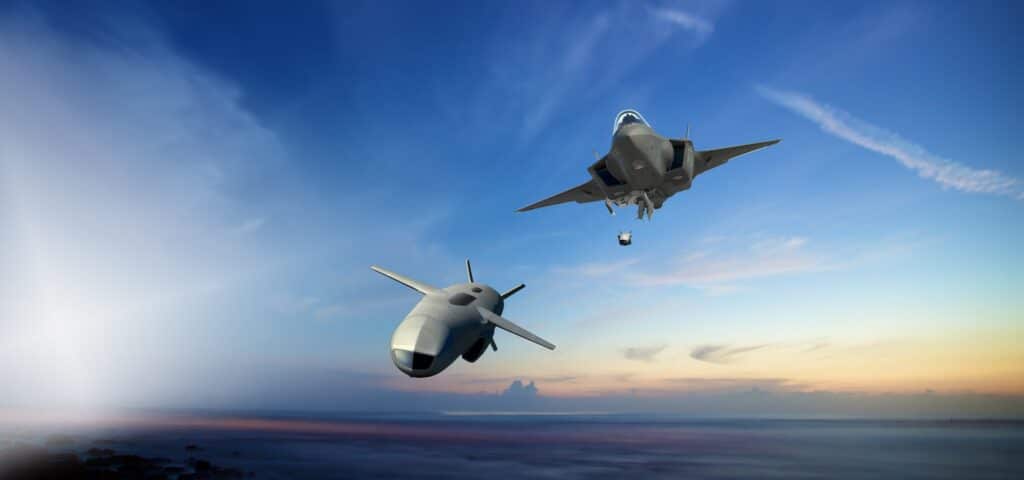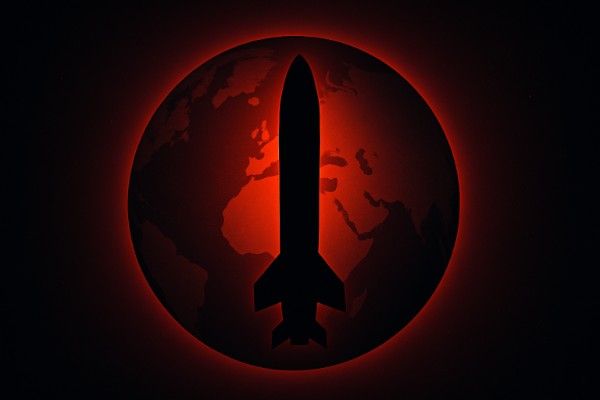The documented record of the soil that now makes up Afghanistan could be linked back to about 500 BCE. Finding demonstrates that an increased level of highly urbanized civilization did exist in the land between 3000 and 2000 BCE, whenever the region was always under the Achaemenid Empire. Bactria was founded around 2500 BCE. The Indus Valley Communities spanned large swaths of northern Afghanistan. The land represented as a “steppingstone to India,” encroaching on the old Silk Road, which connected the Mediterranean to China. Afghanistan is known as the ‘Central Asian roundabout,’ because trade and migration routes converge from the Middle East, the Indus Valley via the Hindu Kush passes, the Far East via the Tarim Basin, and the adjacent Eurasian Steppe. Afghanistan’s culture was influenced by the Islamic conquest, and the country’s pre-Islamic period of Zoroastrianism, Buddhism, and Hinduism is long gone.
Post 9/11 effects on Pak-Afghan Relations
Pakistan has decided to align with the United States because there were too many sanctions against Pakistan last year, and the United States and other world organizations decided to lift all sanctions against Pakistan. After all, when the United States entered Afghanistan, the war began, and the result was terrorist activities in Pakistan. As a result, Pakistan faced numerous challenges, including the closure of Pakistan’s economy and foreign investment, the complete collapse of the economy, the collapse of people’s businesses, and the migration of many Afghans to Pakistan in search of shelter, education, food, and other necessities.
- Peace Deal Between Afghanistan Taliban and the USA
The United States and Afghanistan reached a peace agreement in Doha. This accord is also known as an agreement for Afghanistan’s peace. On February 29, 2020, the United States and the Taliban signed a peace agreement to end the Afghan war. For the first time, the United States and the Taliban managed to meet in Doha to discuss peace. After 18 months of negotiations, the United States and the Taliban finally signed a peace agreement in Doha, Qatar’s capital. The United States will begin withdrawing its troops within 135 days of the agreement’s signing, according to the terms of the agreement. According to a spokesman for US forces in Afghanistan, the US must complete it within 14 months. The withdrawal of troops began on March 9, the day before the signing of the agreement. “The deal was conditional,” US Secretary of State Mike Pompeo said, “and the Taliban would have to keep its promises; must cut ties with Al Qaeda and other terrorist groups, and continue to fight ISIS on various fronts.” There are concerns about the future setup in Afghanistan, as there is a fear that the country will once again be engulfed in a civil war like the one that erupted in the 1990s.
- Pakistan and Afghanistan’s Future Challenges
4.1 Afghanistan’s situation and its impact on Pakistan Relationship with Afghanistan
If Afghanistan is unstable, then the rest of the region will be unstable as well.
Terrorism will destroy regional power investments because there is no regional stability.
Terrorists will infiltrate peacekeeping organizations, and Afghanistan will be unstable. As a result, Afghani people will put more pressure on Pakistan. Furthermore, Pakistan’s economy will be harmed. If there is no strict government in Afghanistan, there will be threats from borders, sovereignty, trade, and other factors.
As the United States begins to withdraw its troops from Afghanistan, security concerns in Pakistan have grown as the Taliban region has seen an increase in Taliban-led violence.
According to experts, the rising insecurity in Afghanistan could be a source of concern for Islamabad. Instability in Afghanistan is fueling violence in Pakistan’s border regions and cross-border incursions, according to reports. According to reports, the Pakistani Taliban has already increased its activities across the Pak-Afghan border. Terrorist activities are reportedly being carried out by the Taliban in the provinces of Khyber Pakhtunkhwa and Baluchistan.
4.2 AFGHANISTAN HAS SECURITY IMPLICATIONS FOR THE USA.
The withdrawal of the United States has emboldened the Tehreek -i- Pakistan (TTP), as well as other anti-Pakistan groups. These groups share a triumphant spirit with the Afghan Taliban. Who gets credit for forcing the United States to reduce its military spending? Pakistan’s woes have been exacerbated by the faltering peace process in Afghanistan. In Pakistan’s tribal areas and elsewhere, these militant groups have increased their presence and operations. The Taliban in Pakistan (TTP) and Islamabad have reportedly failed to reach an agreement. This has resulted in a recent uptick in terrorism-related violence. The covert talks in Pakistan took place in late 2020 or early 2021. The Afghan Taliban’s Haqqani network facilitated this. The talks broke down when the TTP refused to accept certain conditions imposed by the Pakistani government. Recent terrorist attacks in Khyber Pakhtunkhwa and Baluchistan have been blamed on the TTP.
4.3 INCRUSION OF A CROSS BOARDER
As the Taliban consolidates its strength in the war-torn country, Pakistan is busy fencing its borders with Afghanistan. According to reports, a large group of TTP militants based in Afghanistan attempted to cross the border into Pakistan in April, but were apprehended by Pakistani security forces and deported. However, these border petrol may not always be effective in deterring cross-border incursions. Pakistan is threatened not only by the Taliban but also by the so-called Pakistani chapter of the Islamic State. This has been used to carry out sporadic terrorist attacks in Pakistan and Afghanistan. They are accused of being behind the recent blasts that killed 85 people outside of a Kabul school.
According to reports, Pakistan has claimed responsibility for the deaths of hazarala bourers in Baluchistan’s Bolanregion. Al Qaida is also planning to expand its operations in the region, according to reports in the United States media. Due to the presence of various militant groups, Islamabad is likely to be affected by the US pullout.
4.4 TERRORIST ATTACKS IN PAKISTAN RECENTLY
The TTP is concentrating its efforts in Balochistan, particularly in Quetta, where nationalist insurgents are already present. On April 21st, the group claimed responsibility for a suicide attack in the parking lot of Quetta’s Serena hotel. Because the Chinese envoy to Pakistan was staying at the hotel at the time of the attack, the incident received worldwide attention. The Pakistan-Afghanistan border is expected to become a new hotspot for Taliban terrorists, and these actions may encourage Baloch rebels to escalate their attacks on Pakistani security forces. The Pakistani leadership understands that insecurity in Afghanistan would result in insecurity in their own nations. Pakistan’s army chief visited Afghanistan recently to express his support for the peace process.
Table of Contents
ToggleAuthor:
Fiza Javed is a student of BS Anthropology at Quaid e Azam University, Islamabad. 












